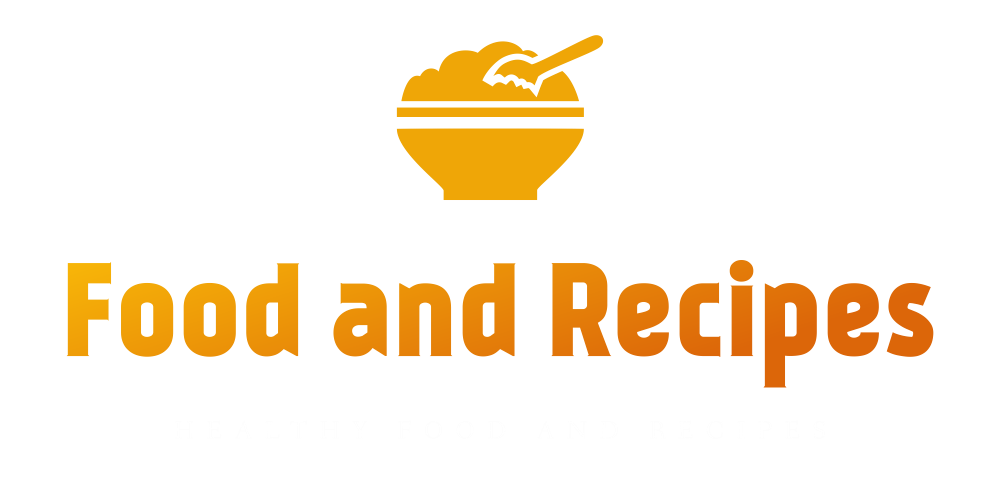A Recipe for Understanding – News
Co-taught by Michal Friedman, the Jack Buncher Professor of Jewish Scientific studies in the Office of Record, and Nevine Abraham, an assistant training professor of Arabic studies in the Division of Modern-day Languages, the course filters Palestinian and Israeli history, culture and conflict via the lens of food items. Topics range from regional and culinary historical past, to gender roles in Israeli and Palestinian communities, to the methods displacement and armed service occupation influence agriculture.
Doing work with cooks and food scholars is a critical component. This year’s attendees ended up Michal Nahman, a scholar and cook of Canadian-Israeli heritage whose Mizrachi Food Job traces the anthropology of food items particular to Center Japanese and North African Jewish persons, and Kattan, a Franco-Palestinian chef from Bethlehem whose new London cafe, Akub, serves regular Palestinian dishes with an modern twist.

Kattan demonstrates how to mix a freekeh salad. See Kattan’s recipes
Foodstuff is Not Neutral
Israel/Palestine is a deeply fraught area with a sophisticated background and society — when there is so significantly to say, why concentration on meals?
“Meals is not neutral,” Friedman mentioned. “It is a very prosperous and deep way of searching at Palestinian and Israeli identification and record.”
From elements to origins to ownership, food stuff can enable decode the complexities of a location.
“We seem at … how communities blend and influence just about every other and reshape their comprehending of food and id,” Abraham mentioned.
Friedman and Abraham get ready pupils prior to the cooks take a look at campus. Drafting queries ahead of time helps develop students’ self esteem and allows them to broach most likely sensitive or controversial topics in techniques that are successful and nuanced.
And, of training course, there is the cooking.
As the first visitor on campus, Nahman worked with the learners to make bourekas, a Sephardi baked hand pie stuffed with cheese and spinach and topped with sesame seeds fried eggplant served with tahini and pomegranate seeds and sautéed tomatoes with garlic, cilantro, sea salt and chili flakes. The college students also competed in a savory/sweet board obstacle, through which they experienced to race to produce the most pleasing labaneh or tahina board using regular Middle Japanese components.

Nahman demonstrates learners how to fill bourekas. See Nahman’s recipes
Discovering from Every single Other
Friedman and Abraham’s robust rapport and mental partnership is apparent from the minute the two phase into a area. Although they were being relative strangers specializing in distinct fields, just after meeting in 2019 they rapidly agreed on how to construction the system.
Friedman delivers her information of background, likely back to the Middle Ages, moving into the migration of Jews across Europe, and lastly the modern day background of the Arab-Israeli conflict, to the system. Abraham offers the cultural and literary viewpoint, introducing novels and memoirs that assistance college students comprehend the Arab and Jewish diasporas and how they contributed to present-day culinary tradition. The two are at operate on a study paper with each other.
“We are generally finding out from each individual other,” Abraham mentioned.
The professors’ parallel ordeals rising up in the Center East also lend an excess layer of nuance to the training course. Abraham grew up in Egypt, Friedman in Israel, and the two knowledgeable historic events, such as the peace treaty signed between Egypt and Israel in 1979, in ways that both equally intersected and diverged. They bring these personalized encounters into the classroom, explaining how pivotal times ended up comprehended by men and women dwelling through them, on diverse sides of a border.
“It was vital for us, on a topic that is so fraught, that we have a Jewish and an Arab voice coteaching,” Friedman stated. “It is really a lot more highly effective and more significant for learners to have two instructors (from different backgrounds).”
Students also value this range of experience.
“Grand Challenge Seminars are worthwhile for the reason that they give you diverse views on challenges that sometimes it feels like society is frightened of chatting about,” reported Warisha Khan, a initially-calendar year student researching at CMU’s Institute for Politics and Approach.
Fellow university student Elizabeth McBride, a first-calendar year scholar in the Department of Record, welcomed the chance to learn about a subject not frequently taught in U.S. superior colleges.
“As an American scholar, I never ever genuinely had any expertise of Palestinian record right before the generation of Israel in 1948,” McBride said.
